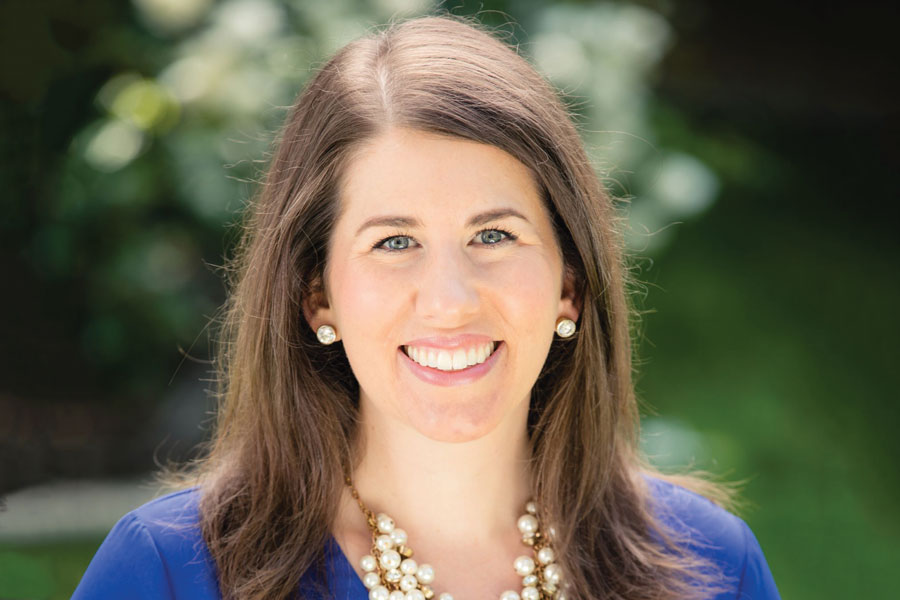The Science of Flourishing
In October, the University launched the Baylor Research in Growth and Human Thriving Science (BRIGHTS) Center, a multidisciplinary center designed to catalyze research related to the science of human flourishing. Founded by Sarah Schnitker, Ph.D., associate professor of psychology and a nationally recognized leader in virtue development research, the BRIGHTS Center will be housed in Baylor’s College of Arts & Sciences.
“The new BRIGHTS Center will enable us to build on the incredible success of our researchers in human thriving,” said Brian Raines, Ph.D., associate dean for research and strategic planning in the College of Arts & Sciences. “Led by Dr. Sarah Schnitker, this center serves as a research hub for faculty in the humanities, sciences and social sciences as they ask important, fundamental questions about the human experience. They will also serve as a research accelerator, offering extensive support for finding, winning and managing external research awards.”
Different research within BRIGHTS includes things that precede human flourishing; virtues and virtue development; contextual influences on moral attitudes and behaviors; the relationship between religion and spirituality in flourishing; flourishing assessments and interventions; a rich definition of human flourishing; and more.
“Most of the questions related to human thriving have been engaged for millennia through religious, philosophical and literary reflection, so it is essential to engage these disciplinary perspectives. However, social and physical sciences provide new methods for evaluating the extent to which different pathways to thriving are, or are not, successful,” Schnitker said. “BRIGHTS is building a community of researchers who can engage in ongoing conversations around human flourishing and thriving and expand interdisciplinary research already taking place at Baylor.”
Human Flourishing, Leadership and Ethics was one of five signature academic initiatives for focus and research growth in Illuminate, the University’s strategic plan.
“Human flourishing by its very nature is interdisciplinary. The human condition is complex and requires expertise from across the sciences, humanities and social sciences to yield effective outcomes for human flourishing,” said Lee Nordt, Ph.D., dean of the College of Arts & Sciences. “Baylor is poised to contribute to this emerging area of study because of the reputations of our existing scholars and because it is central to the mission of the University.”
